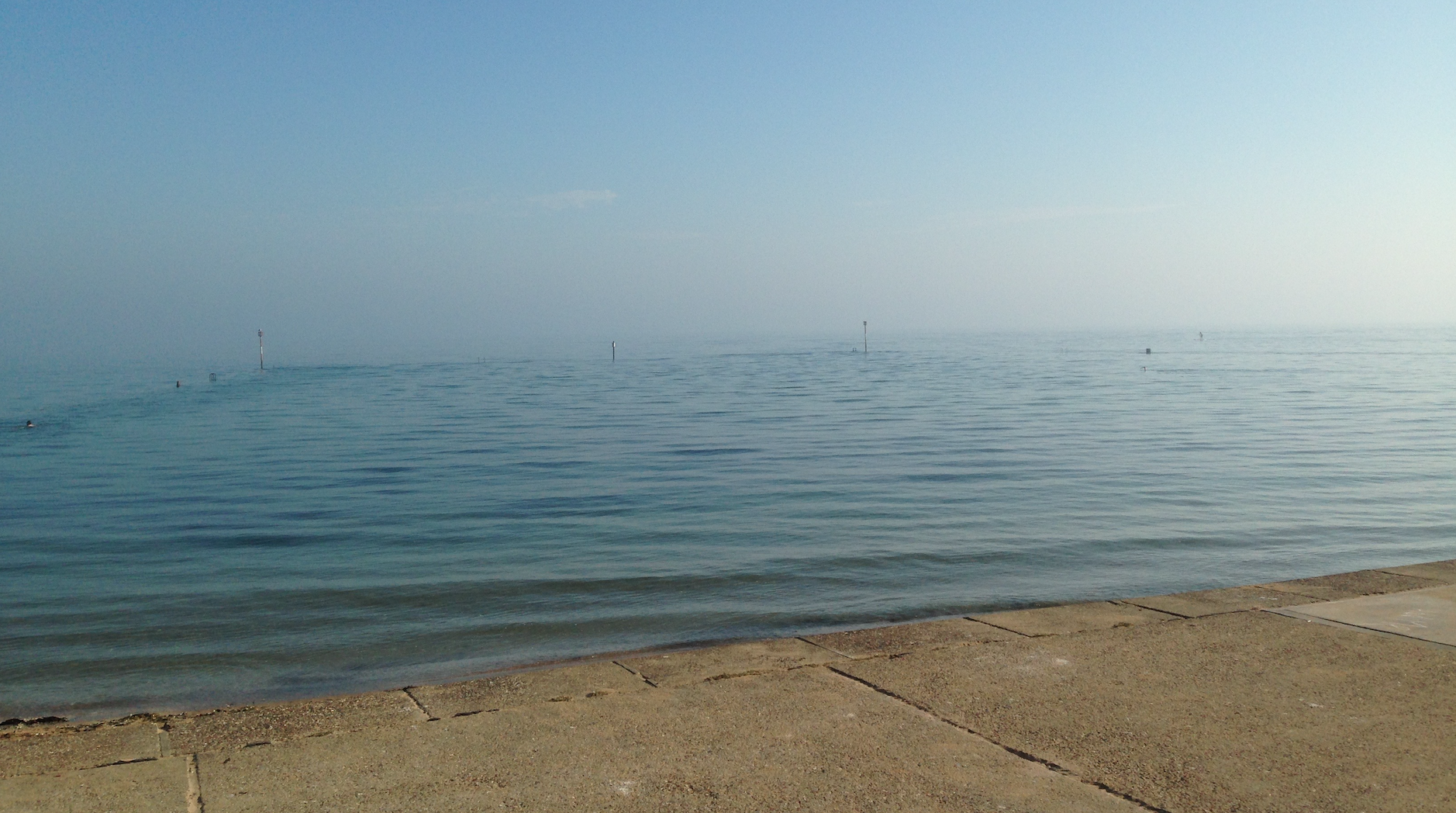How to talk about the god-awful times we’re in with family, friends and colleagues
There’s been a pattern in recent conversations with friends, neighbours, family members or people at work that plays out once we’ve hit on the political moment we’re in. It goes something like this:
Someone mentions something that’s hard to be with (such as the growing understanding that the relentless genocide in Gaza is highly profitable for many corporations, the blatantly racist things our politicians feel emboldened to say, the entanglement of our leaders with a serial child sex trafficker and so on).
Neither of us really knows what to say other than ‘things are really bad’.
Our shoulders stoop. Our energy drops. Our voices become low and tentative.
Moving on to other topics feels wrong and avoidant, though staying with it, we kind of get stuck. A gloomy silence is often what follows, and eventually we move on to something else. But it feels incomplete, and there’s a tightness in my throat.
Photo of a sea pool in high tide, with the blue water submerging the poles that indicate the boundaries of the pool and partly submerging the brown-grey concrete slope leading into the water. The sky is a similar colour to the sea, making it seem as though the two converge on the horizon.
I think a lot of this has to do with the conditioning of white culture, particularly secular white middle class British culture, which teaches us much more about guilt than about grief. Guilt is the awkward silence in the conversation, grief means holding the pieces of our broken hearts together.
The deeply ingrained individualism in this culture means that when we’re called into awareness of our pain, our complicity and our helplesness as individual people, we tend to want to shut it down.
Our tolerance for visible discomfort is low, the pull towards avoidance is strong, the performance of ‘it’ll all be fine’ is well rehearsed. So we go around it rather than towards it, at a time when our engagement as active witnesses is desperately needed.
Most of us are not skilled at holding big and difficult emotions. We haven’t been taught how to grieve well (which includes grieving together) or how to turn towards something bigger than us when we feel helpless.
I’m watching us turn away from each other precisely when connection is what we need the most. And I’m seeing that isolation drive us deeper into hopelessness and cynicism.
For those of us who aren’t rooted in deep faith, spiritual or other collective traditions, the cultural practices we have available aren’t supporting us to meet this moment. Which means we have to develop new ones that can.
Here are some questions you can try out the next time you talk with others about the reality of what we’re living through without trying to minimise or ‘fix’ anything:
How are you handling this today?
What about the present situation is disturbing you the most?
How is it showing up in your body?
Do you have days when it feels different?
How have you been channelling your anger / grief / sorrow etc?
What have you found helps you stay connected to a sense of possibility?
Who or what has been a source of energy for you?
How is your sleep? Your eating? Your mood? Your digestion?
How are you looking after yourself?
How can we support each other?
Who do we know that might need support? Can we reach out to them?
Perhaps somewhat paradoxically, when we can name what is real and be with it together, we create more space, connection and possibility. Which I believe we need a lot of to keep going without checking out or abandoning ourselves.
For many people, even bringing up the real things that are happening in our world can feel hard because they have been taught that doing so is ‘disruptive’, ‘unprofessional’ or ‘intense’ for the other person.
You can’t control how people respond. In my experience, when you do so with care, more often than not people take it as an invitation to slip out of the performative ‘okayness’ and share something real in return.
Rebecca Solnit recently said this in response to the question of ‘how are you?’:
“I’ve been looking since 2016 for the phrase that means I’m personally okay, but I am not oblivious to the hideous destruction and suffering all around. Which I thought maybe could be, I’m okay, but I’m aware of all the things that aren’t.”
As Resmaa Menakem reminds us, we need to develop new cultural practices in order to make it to the next stage of evolution as a species that doesn’t self-destruct.
Culture is practised every day in our interactions, verbal and non-verbal. These small actions are powerful – it’s where we make and remake culture.
If many of us find ways to change the way we talk about what’s real and grow our capacity to be with hard things together, we expand what becomes possible at a collective level.
